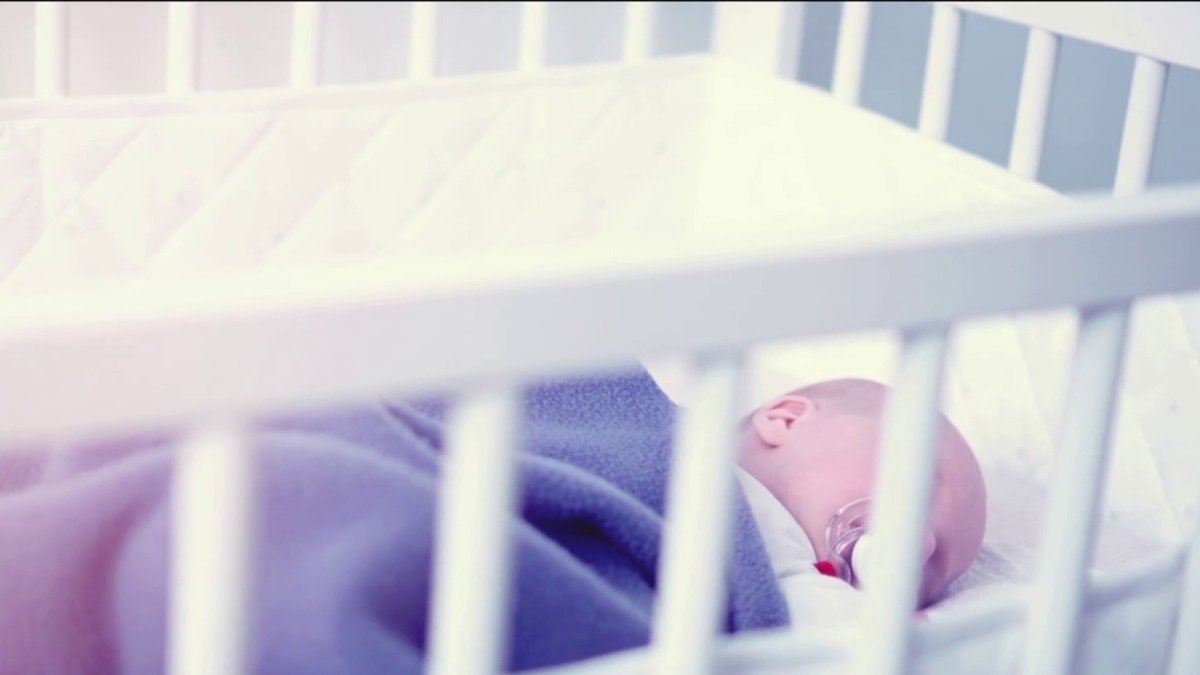
State leaders are aiming to add doulas to help support babies and their parents covered by Husky Health.
State leaders are aiming to add doulas to help support babies and their parents covered by Husky Health.
Around 35,000 babies are born in Connecticut every year.
Dr. Deidre Gifford, the commissioner of the Department of Social Services, said about 40% of those births are covered by Husky Health. That’s almost 14,000 babies.
First, what’s a doula?
Get Connecticut local news, weather forecasts and entertainment stories to your inbox. Sign up for NBC Connecticut newsletters.
It’s a birthing professional that’s there to support a parent before, during and after the birth of a baby.
While they don’t provide medical care like a midwife does, many, like Cynthia Hayes of New Haven, can help with breast feeding, for example.
“We provide a really well-rounded kind of support for the families and we’re there to give them the birth that they want,” she said.
Local
Since legislation was enacted in April, mothers who have a baby and fully qualify for Husky Health can now receive one year of post-partum coverage. That’s compared to only a couple of weeks previously.
“That means women who otherwise would have lost their Husky coverage after six weeks will now remain enrolled and have the full-benefits of health care coverage for the entire year,” Gifford said.
At UConn Health Tuesday, Gifford and Dr. Manisha Juthani, state Department of Public Health Commissioner, said they hope to create a certification process for doulas to help with this longer term of care.
Plus, breast feeding support will be available to new moms, too.
“Think about anyone who has had a child here. Do you have it all figured out after those first 6 weeks? Not really,” Juthani said.
She said his would, “create a pathway so that [doulas] can be reimbursed for what they do and this becomes available to all communities and all people who are giving birth, so that it is not something that only people who are able to pay out of pocket are able to do.”
Those leaders and medical experts said it just makes sense, specifically to address disparities within the healthcare system, too.
“It’s really going to help moms reduce a piece of stress in their life," said Dr. Jodi Terranova, a UConn Health pediatrician.
“We know that healthy moms lead to healthier babies so we know that access is important," she continued.
According to Gifford, as of late, Connecticut has five to six pregnancy-related deaths a year, and often those women are Black.
Nationwide, she said maternal deaths for non-Hispanic Black women are three times as high than they are for white women.
“In Connecticut, about half of those pregnancy-related deaths occurred between six weeks and one-year post-partum, so it’s very important women have access to care not just prenatal care and the immediate post-partum period, but for that entire year," Gifford said.
State and local medical leaders also hope doula support pre and post birth will reduce Cesarean section births in Connecticut. Tuesday, Gifford said our state ranks sixth among the number of those procedures done.
“We can help lower that C-section rate, we can initiate breast feeding, especially those who are experiencing disparities,” Hayes said.
“More and more they’re realizing how doula services and lactation services are really helping mom during pregnancy and afterwards with their mental state of mind,” she continued.
The state hopes for a committee to come up with certification requirements for doulas that can be taken to the next legislative session for action.
As healthcare shortages are already of concern, NBC Connecticut asked the commissioners how many doulas exist in Connecticut. They didn’t have an answer.
Hayes believes there will be enough to fill the immediate need if or when legislation is enacted.